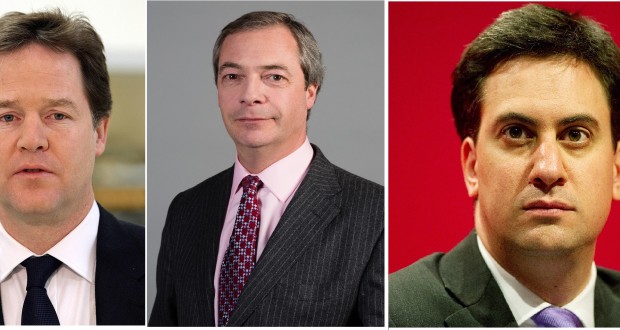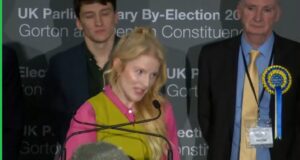The General Election result will see a major re-think on the part of at least three political parties represented in the new Parliament as their leaders resigned the morning after polling day.
Labour: Ed Miliband has stood down as Leader, accepting responsibility for Labour’s defeat. Ironically, it was probably not what Ed did as leader so much as what he didn’t do that led Labour to fail. He seemed often to see the need to present an alternative to the Tories, but was too hemmed in by the former Blairites still active in Parliament. Like most politicians of his generation, he relied too much on wheeling and dealing in the House of Commons (or Town Halls) and neglected building up a following among the people. His departure leaves the Labour Party with Deputy Leader Harriet Harman temporarily taking up the reins while an election to find his replacement is organised. The Labour Party will now go through another bruising battle about whether to turn back to the Blairites or to stick by and refashion its traditional socialist roots. Jim Murphy has already test-driven the “back to the Blairites” option in Scotland, but still there are those at the top of the Labour Party who will put optimism over experience. How the unions react is crucial to the outome of the Party’s reflections: they may try to back a candidate they hope to influence for a second time, or they may carry out a threat voiced before the General Election and abandon the Labour Party to its fate in order to set up their own Party again.
UKIP: Having promised to resign if he failed to win South Thanet, Nigel Farage has stuck to his word – he could do little else. It is now clear that wave UKIP was riding on was not a tsunami but just a little seventh wave, looking a little larger than the others before splashing down and dissipating across the shore like all the rest. The English nationalists will probably be back – like Dr Who, in yet another new incarnation – but for the moment the movement is on the defensive.
Lib-Dems: Nick Clegg has paid the price for taking the rewards of office five years ago. Having won plaudits for his TV appearances in the leaders’ debates, Clegg let it all go to his head and agreed to prop up a Tory Government in return for nothing of significance. The voters have now taken their revenge. The Lib-Dems are finished – unless Labour disintegrates under the pressure of its own internal arguments and leaves space for an opposition party to step in to.
Before the General Election, the media was predicting the need for a restructuring of society, to move away from the first past the post system to an electoral system which could support a new era of coalitionism. It was tosh when they proposed it, and it is even clearer tosh now. We are back to two-party politics with a vengeance: we are just not quite sure who, what or where the second party is.
[Adverts]
 East London News A Force for the community…
East London News A Force for the community…




